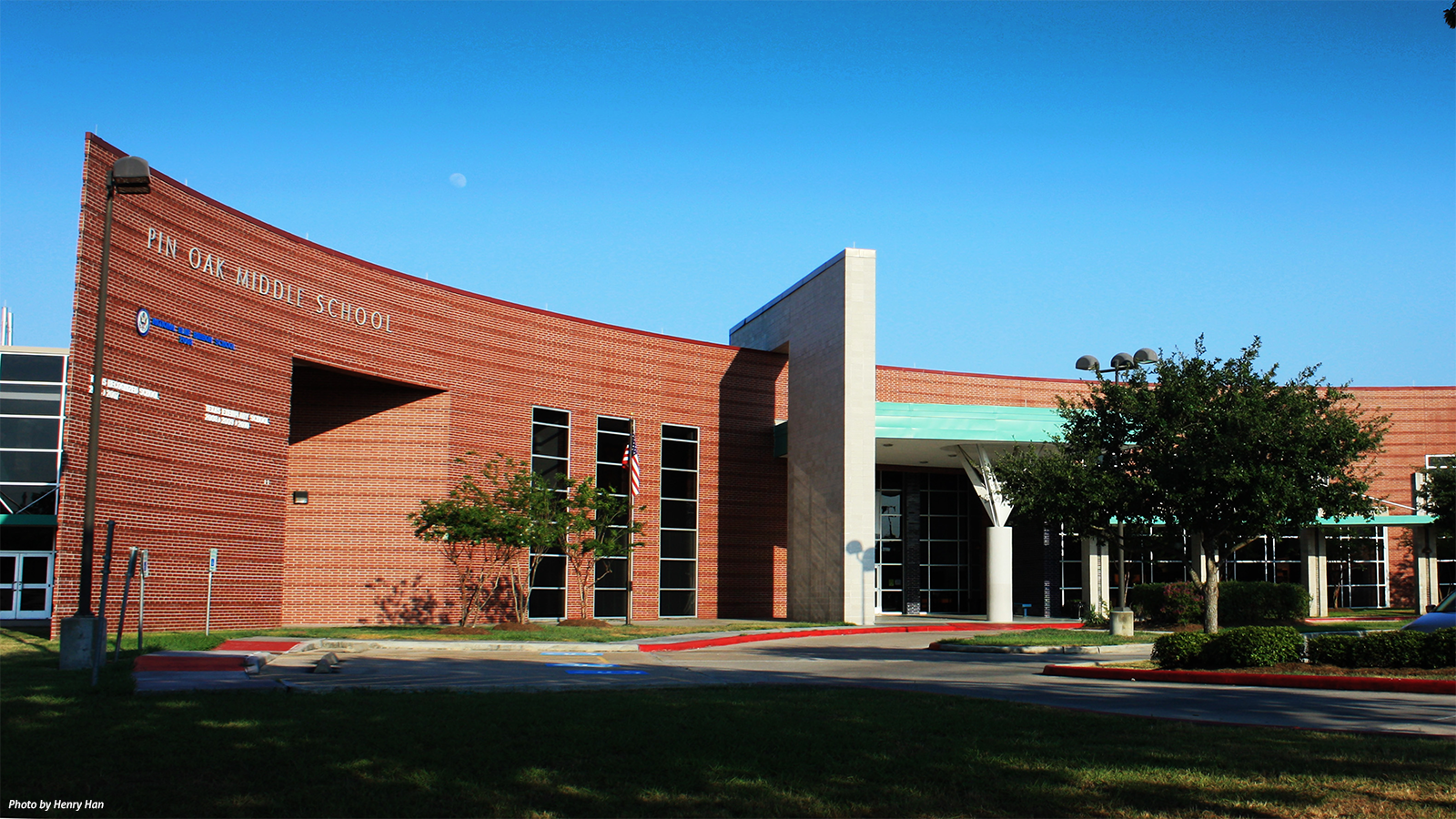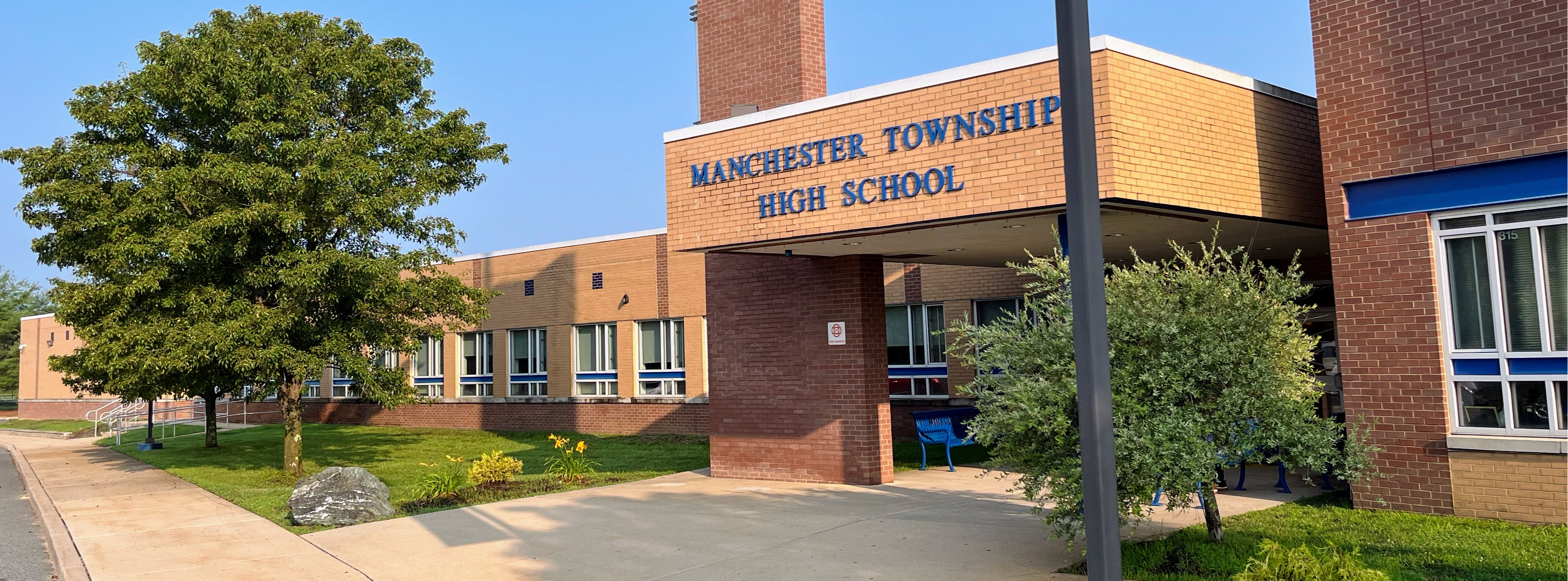How You Can Help Save Temecula Schools for Future Generations
How You Can Help Save Temecula Schools for Future Generations
Blog Article
Comprehending the Significance of Schools in Child Development and Community Development
Schools' engagement with local communities with service-learning initiatives enhances the bond between households and academic institutions. This symbiotic connection highlights the importance of colleges in nurturing energetic citizenship and long-lasting learning routines.
Academic Success
Academic accomplishment works as a foundation of youngster development, offering the structure upon which future learning and success are built. Schools play a crucial role in fostering this academic growth, offering organized settings where kids can obtain crucial understanding and cognitive abilities. Standard curricula make sure that pupils gain effectiveness in core topics such as mathematics, science, and language arts, which are critical for both greater education and specialist possibilities.
Along with imparting fundamental scholastic abilities, colleges likewise grow important thinking, analytical capacities, and intellectual curiosity. These cognitive competencies are important for browsing intricate real-world circumstances and adapting to the ever-evolving needs of the contemporary workplace. Educators, as facilitators of understanding, use diverse instructional techniques to provide to diverse understanding styles, therefore maximizing specific pupil potential.
In addition, scholastic success is carefully linked to self-worth and motivation. Youngsters that experience scholastic achievements are more most likely to establish a positive self-concept and a long-lasting enthusiasm for learning. Colleges also use numerous sources, such as libraries and modern technology, which better boost the instructional experience and prepare pupils for a technically sophisticated culture.
Social Skill Advancement
Beyond scholastic achievement, the duty of schools in social ability development is crucial. Schools function as a key venue for kids to learn and exercise necessary social skills such as cooperation, dispute, and interaction resolution. In the structured atmosphere of a class, pupils connect with peers, teachers, and other institution team, supplying various opportunities to establish these vital abilities.
Effective social ability development in schools is helped with via team tasks, collaborative projects, and extracurricular programs. These interactions aid students recognize social standards, build empathy, and cultivate a sense of area. Group assignments instruct pupils just how to function with each other towards an usual goal, pay attention to different point of views, and navigate differences constructively.

The farming of social skills throughout college years lays a structure for future individual and specialist connections. Save Temecula Schools. As trainees mature, the capacity to properly connect and team up ends up being increasingly crucial, underscoring the school's important function in all natural kid advancement
Direct Exposure to Variety
Exposure to variety in institutions is essential to promoting a comprehensive way of thinking and widening pupils' point of views. Schools function as a microcosm of the broader culture, and running into varied cultures, languages, and socioeconomic histories within this atmosphere equips trainees with important skills for navigating an increasingly globalized world. This direct exposure motivates compassion, decreases bias, and promotes shared regard amongst peers.
Study suggests that students who connect with peers from varied backgrounds exhibit much better analytic skills and creative thinking. This understanding of variety prepares trainees for future work environments that value modern competence - Save Temecula Schools.

Community Interaction
The benefits of diverse class expand beyond the college wall surfaces, cultivating a strong sense of community engagement among pupils. By engaging with peers from various social, socioeconomic, and ethnic backgrounds, students obtain a more comprehensive perspective and an appreciation for variety. This direct exposure motivates them to become energetic residents that agree to contribute positively to their areas.
Schools that stress neighborhood involvement typically look at this site incorporate service-learning projects, which allow students to attend to real-world issues while applying scholastic abilities. These jobs not just enhance students' understanding of their coursework however also instill a sense of obligation and empathy. Furthermore, collaborations in between colleges and regional organizations offer trainees with possibilities to take part in neighborhood occasions, further solidifying their function as proactive area participants.
Furthermore, parental and area participation in schools enhances the bond between universities and the areas they index serve. They develop a joint atmosphere that profits all stakeholders when schools open their doors to area occasions, workshops, and volunteer opportunities. This common support group makes sure that students receive holistic growth, preparing them to become well-shaped people who value and add to their communities. Through these initiatives, colleges play a pivotal function in supporting area engagement and cultivating social growth.
Lifelong Discovering Habits
Establishing lifelong discovering practices is important for a kid's continual development and versatility in an ever-changing world. Colleges play a crucial function in instilling these behaviors by producing an environment that promotes interest, critical reasoning, and a love for understanding. Via extracurricular activities and varied curricula, instructors encourage trainees to explore numerous subjects, analyze info seriously, and use their finding out to real-world circumstances.

Furthermore, schools offer an organized setting where youngsters can develop self-control and time administration abilities, both of this hyperlink which are critical for constant knowing. By stressing the value of establishing objectives, assessing progress, and adapting techniques, instructional establishments prepare trainees to browse the complexities of grown-up life, guaranteeing they continue to be long-lasting learners and factors to society.
Final Thought
In final thought, institutions are essential in fostering youngster advancement and community growth by giving settings conducive to scholastic achievement, social ability growth, and direct exposure to diversity. Ultimately, schools grow long-lasting understanding routines, outfitting individuals with the necessary understanding and skills to contribute positively to society.
In the organized environment of a classroom, pupils connect with peers, teachers, and other institution personnel, providing numerous opportunities to create these essential capabilities.
In significance, exposure to diversity within colleges not only enhances specific trainees but additionally enhances the social textile of the community as a whole.
The benefits of diverse classrooms prolong beyond the college walls, fostering a solid sense of neighborhood involvement amongst students.Schools that highlight neighborhood interaction frequently integrate service-learning tasks, which enable trainees to attend to real-world problems while applying academic abilities. Collaborations in between institutions and regional companies give trainees with opportunities to participate in community occasions, further strengthening their duty as proactive area members.
Report this page